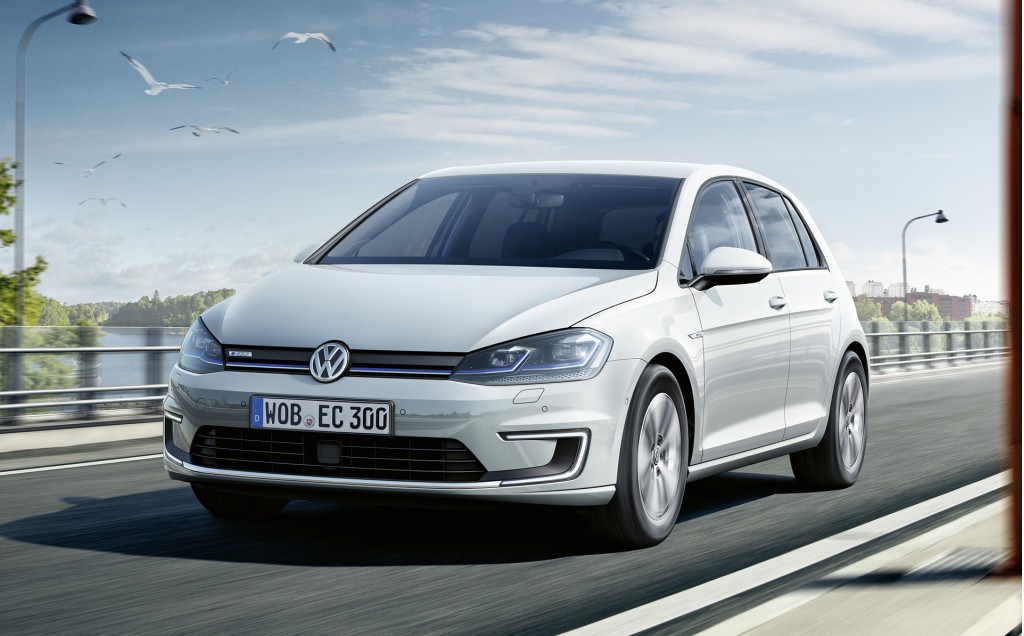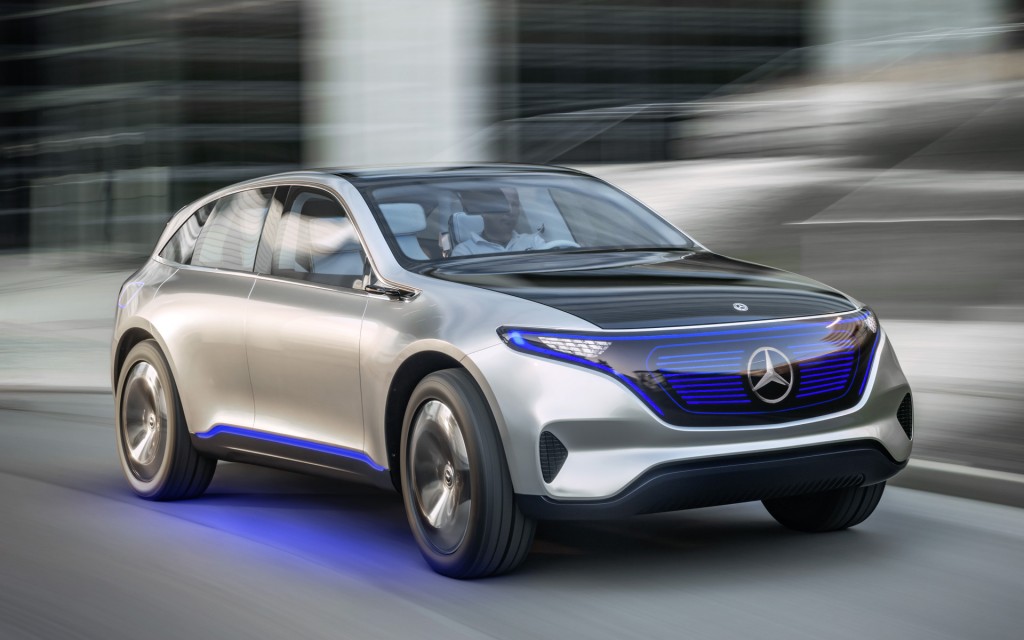Many governments across the globe have enacted stricter emissions standards to curb air pollution and greenhouse gases; others plan to do so.
Some have also drafted incentives and other policies to promote zero-emission vehicles, especially electric cars, to encourage the market and help achieve these emissions reductions.
Germany's government, though, now believes electric cars are not just an environmental issue, but one that will affect the country's economic health as well.
DON'T MISS: Audi e-tron vs Jaguar I-Pace vs Mercedes EQ: electric luxury SUVs compared
Anticipating large numbers of electric cars to be sold in coming years—particularly in China—government officials are concerned that Germany's car industry will fall behind.
The German auto industry is about to be "put to the test," Chancellor Angela Merkel said last month in parliament, according to Der Spiegel.
An internal report from economics ministry warned that German automakers are falling behind in the manufacture of electric-car components such as battery packs.

2017 Volkswagen e-Golf
That poses a risk of "lasting dependence on Asian manufacturing" for these components.
The German government was particularly spooked by electric-car quotas recently announced by China. They call for electric cars to account for 8 percent of new-car sales by 2018, and 12 percent by 2020.
In an article published just before he left for trade talks in China, German economic minister Sigmar Gabriel said such a quick ramp-up would be impossible for his country's automakers to meet.
ALSO SEE: Germany 'reassured' after worries on Chinese electric-car mandates
Gabriel later said he was "reassured" by Chinese industry minister Miao Wei that German automakers producing cars in China would be treated the same as Chinese firms.
The mandate only applies to electric cars built in China, so any imported models will not count toward manufacturers' totals.
While German officials expect an increase in electric-car sales in other countries, domestic sales remain relatively low.

Mercedes-Benz Generation EQ concept, 2016 Paris auto show
The government instituted a 4,000-euro ($4,294) purchase rebate in July, but so far only 3,343 applications have been received, according to Der Spiegel.
They may not be as enthusiastic about them as the government would like, but German automakers are showing more interest in electric cars.
BMW still has its "i" division, and is expected to launch at least one additional model for it by the end of the decade.
MORE: VW Dresden 'glass house' factory to build e-Golf electric car
The Volkswagen Group has said it hopes to be selling 1 million electric cars per by 2025, and plans to launch 30 models across multiple brands over the next few years.
Mercedes-Benz is creating a new electric-car sub-brand called EQ, with plans to launch 10 models by 2025.
Parent Daimler will expand its Deutsche Accumotive battery division to supply lithium-ion cells for these cars.
_______________________________________________












